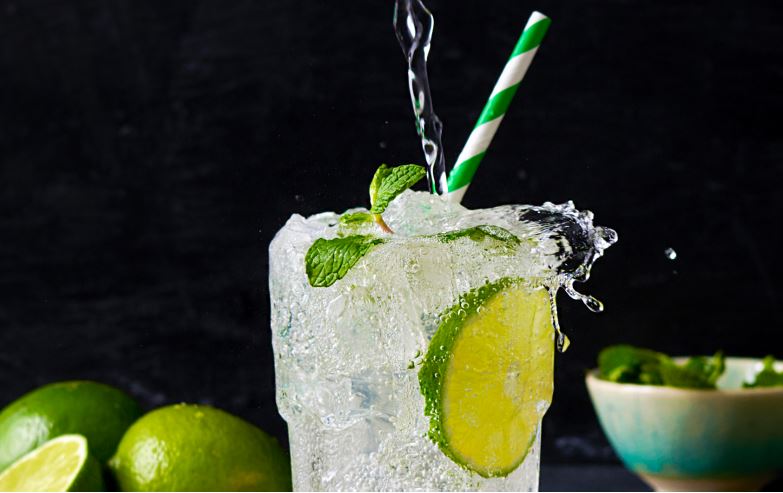From saccharine to stevia, artificial sweeteners (AKA non-nutritive sweeteners or NNS) have been around for decades and used by many to control calorie intake or blood sugar. For the most part, artificial sweeteners are on the FDA’s GRAS (generally recognized as safe) list.
The World Health Organization (WHO) recently released new guidelines that advise against using non-sugar sweeteners; they state, “It does not confer any long-term benefits in reducing body fat in adults or children.” In fact, they believe the opposite is true. WHO suggests avoiding non-nutritive sweeteners to reduce the risk of chronic conditions like diabetes and heart disease.
Not So Sweet
While non-nutritive sweeteners (NNS) reduce the caloric load of food, they have ironically been linked with weight gain, not loss. A meta-analysis of 30 cohort studies discovered that people with a higher intake of NNS had higher risks for metabolic syndrome, obesity classification, cardiovascular events, and diabetes.
A similar meta-analysis of 36 observational studies in nearly 18,000 people found that compared to higher intakes of NNS, lower intakes were linked with reduced weight gain. This was observed in people who were not purposely trying to lose weight.
While soda sweetened with NNS may seem better for those trying to lose weight, one study found that both types of soft drink consumption were linked with metabolic syndrome. However, compared to sweetened beverages, NNS drink intake shows a reduced link with diabetes.
Non-nutritive Sweeteners and Gut Health
A robust microbiome aids in weight management and prevention of type 2 diabetes, non-alcoholic liver disease, cardio-metabolic diseases, and malnutrition. Studies on the impact of NNS and the gut microbiome have been mixed at best. One small study on 17 healthy volunteers found no alterations in gut microbiota with the regular use of aspartame or sucralose in high amounts.
The research on NNS and gut microbiota is complex and varies depending on animal versus human subjects. A repeated finding in studies on NNS, particularly saccharin, Acesulfame K, and sucralose, is the depletion of Akkermansia muciniphilia , a bacteria associated with glucose intolerance. Further variations occur, given gut composition differences among people. NNS may impact some but not everyone’s gut microbiomes. More research is needed here.
What Should You Do?
You may be tempted to say you’ll “just go back to regular soda” instead of drinking diet. Please don’t. I believe added sugar consumption has far more negative health consequences than NNS.
The WHO advises those seeking weight reduction to avoid NNS but does not extend the recommendation to individuals with diabetes. Reducing sugar and NNS is the most optimal route over the long run and is what I always choose to do personally. Here are a few tasty ways to reduce both:
-
Swap out seltzer water in place of soda. It’s fizzy without added color or artificial sweeteners. And it costs less!
-
Add frozen or fresh fruit to plain yogurt and skip the stuff with fruit on the bottom or NNS.
-
Use citrus or other juice to flavor or freshen the water. Cucumbers, berries, or watermelon juice are tasty, too.
-
Drink iced tea with lemon instead of diet soda.
-
Enjoy seasonal, frozen, or dried fruit in place of sugary treats.
-
Try unsweetened iced coffee instead of sugary soda and energy drinks.
By Lisa Andrews, MEd, RD, LD
Copyright foodandhealth.com, reprinted with permission.

